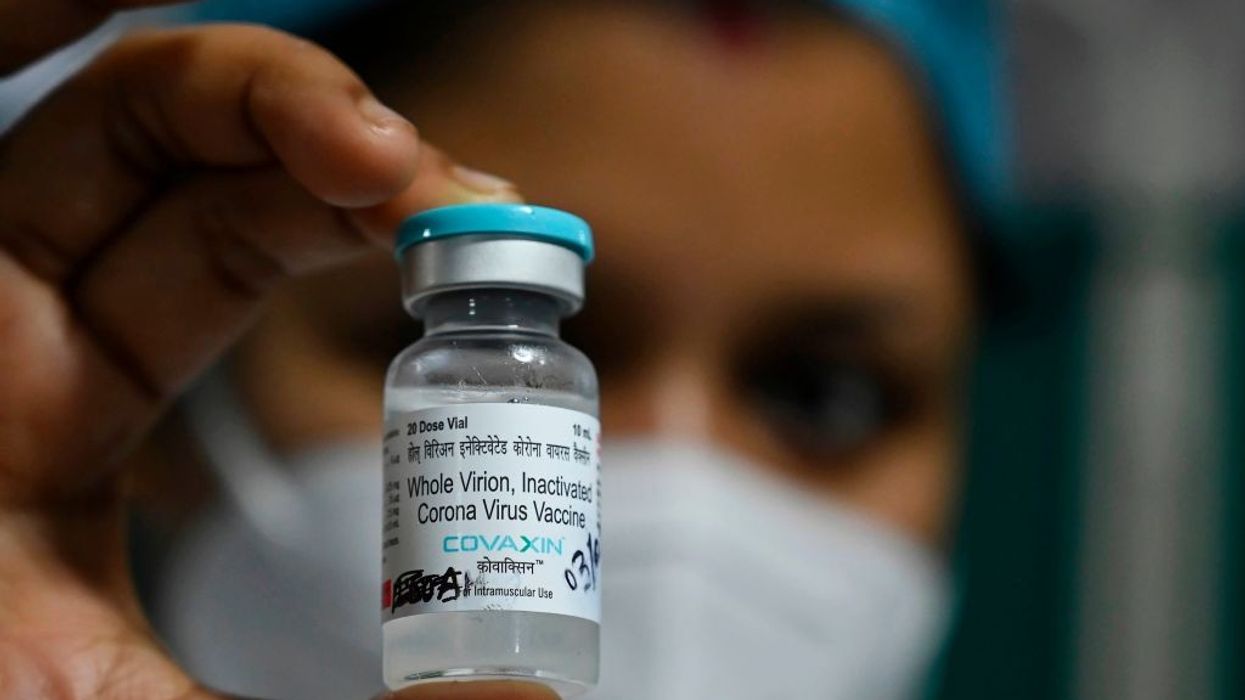THE pace of Covid-19 vaccinations in India has slowed considerably from its record high early this month, as daily caseload spirals amid a shortage of doses in the country.
After having given and sold tens of millions of Covid-19 doses abroad, India is suddenly facing shortage of shots. Now to meet the demands amid a surge in Covid-19 cases, India has changed the rules to fast-track vaccine imports, having earlier turned down Pfizer.
According to the government's Co-Win portal to coordinate immunisations, vaccinations peaked at 4.5 million doses on April 5 but since then have averaged about 3 million a day.
India's number of cases has increased to 14.3 million, the most after the United States, with 174,308.
This month, the most number of cases in the world have been reported in the country with patients flooding hospitals, crematoriums and cemeteries filling up fast with the dead.
The raging second surge, has had sent people rushing to vaccination centres, but many centres are now rationing supplies as output fails to meet demand.
India is vaccinating only people aged above 45 years, having started the campaign in the middle of January with health and then other front-line workers. It has so far administered 115.5 million doses, the most in the world after the United States and China, though it ranks much lower when accounting for population.
Many states have sought an expansion of the inoculation drive to include all adults as cases rise, but the government has said doses are "finite", although enough to cover the identified groups.
The government said on Friday (16) the country had a stock of about 30 million doses. Going by India's immunisation trend in the past week, that will be enough to last 10 days.
As supplies tighten, India this week gave emergency authorisation to Russia's Sputnik V vaccine and imports to cover as many as 125 million people will start this month.
The government has also urged Pfizer, Moderna and Johnson and Johnson to sell their vaccines to India and has made rules easier for them.
India has also allowed biomedical research body Haffkine Institute, based in the western state of Maharashtra, to produce the home-grown shot Covaxin as developer Bharat Biotech struggles to boost its output.
The AstraZeneca vaccine, locally made by the Serum Institute of India (SII), accounts for more than 91 per cent of total doses given in the country. Production ramp-up at SII, the world's biggest vaccine maker, has been delayed by a raw-material shortage.












